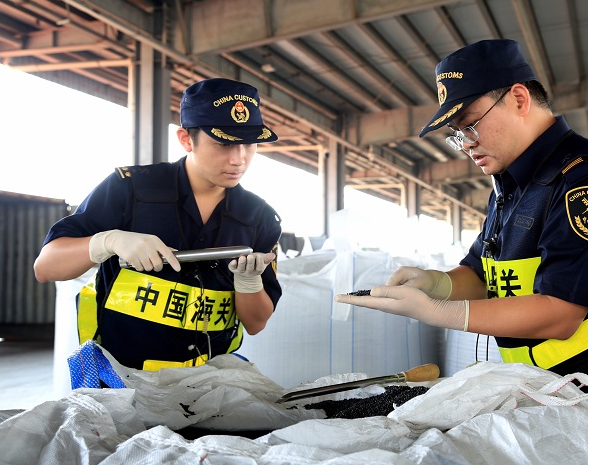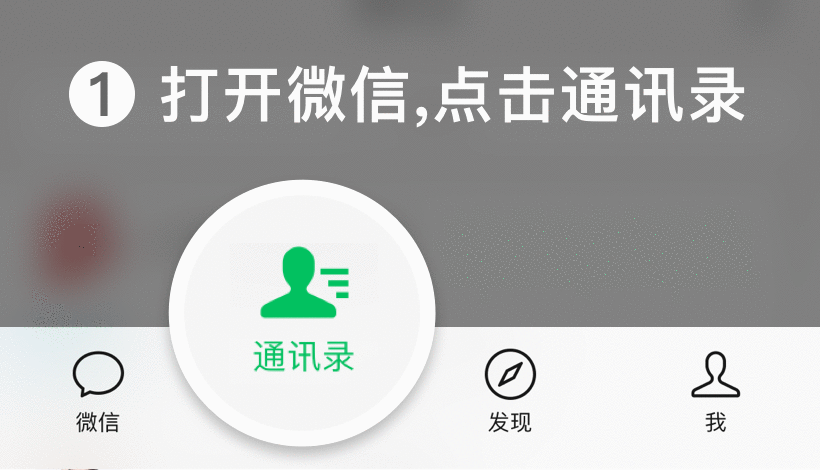Economic Daily-China Economic Net, Beijing, October 10th. Recently, Daxie Customs, affiliated to Ningbo Customs, seized a piece of solid waste declared as "polyvinyl chloride recycled chips", totaling 1055.2 tons. The relevant person in charge of the customs stated that this batch of recycled chips from Malaysia are recycled polyvinyl chloride (PVC) chips processed from waste plastics and used to produce car mats and other products. The packaging and color of this batch of goods are relatively normal, but after laboratory tests, the content of lead in the goods does not meet the environmental assessment standards, and belongs to solid waste prohibited by the state from entering the country.


Pictured: Daxie Customs officers under Ningbo Customs inspect incoming solid waste
It is reported that this batch of recycled chips from Malaysia are recycled polyvinyl chloride chips processed from waste plastics and used to produce car mats and other products. The packaging and color of the goods are relatively normal. However, after laboratory tests, the lead content of the hazardous substance in the cargo did not meet the environmental assessment standards, and it was classified as solid waste prohibited by the state from entering the country.
On April 29 this year, the new revised "Law of the People's Republic of China on the Prevention and Control of Environmental Pollution by Solid Wastes" approved at the 17th meeting of the Standing Committee of the 13th National People's Congress was officially implemented on September 1. The new law has increased the scope and intensity of penalties for solid waste, clearly stipulating that "the state will gradually realize zero import of solid waste", and the penalties for illegal enterprises will be further increased. This batch of goods is the first batch of solid waste seized at Daxie Port after the implementation of the new law.
The customs reminds recycled material practitioners and related carriers to pay attention to the changes in the solid waste law, adjust procurement standards, pay attention to the quality of recycled materials, and avoid economic losses caused by ignorance of relevant laws and regulations. (Wu Yanrong/Text)



